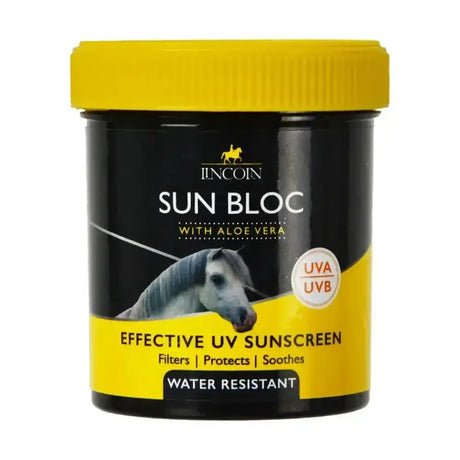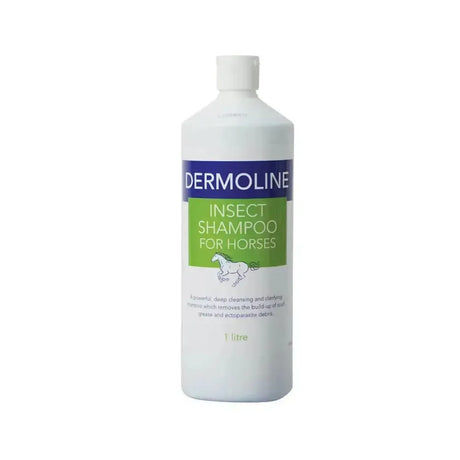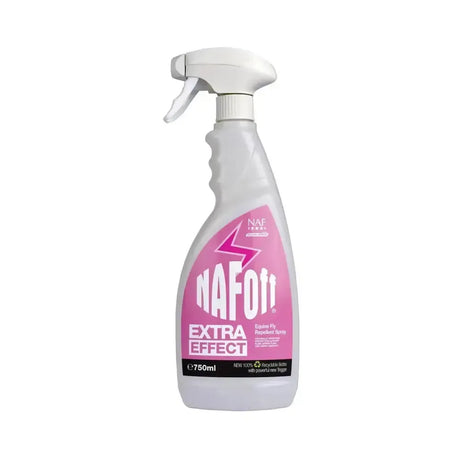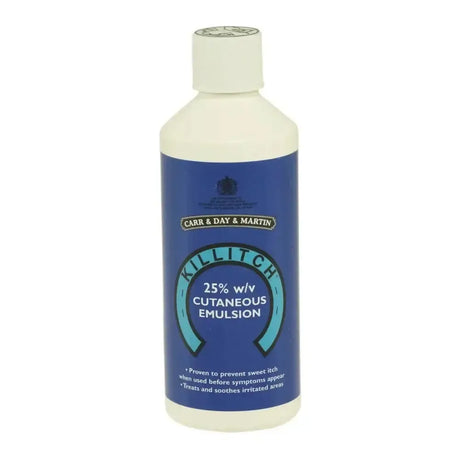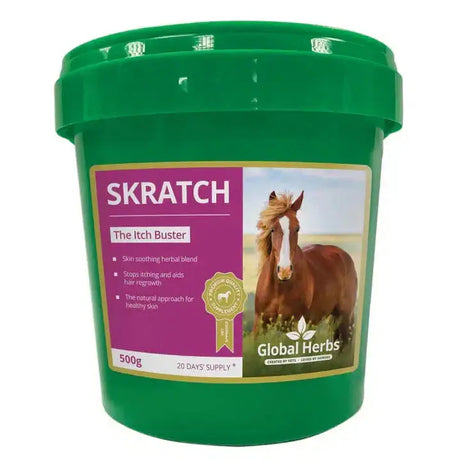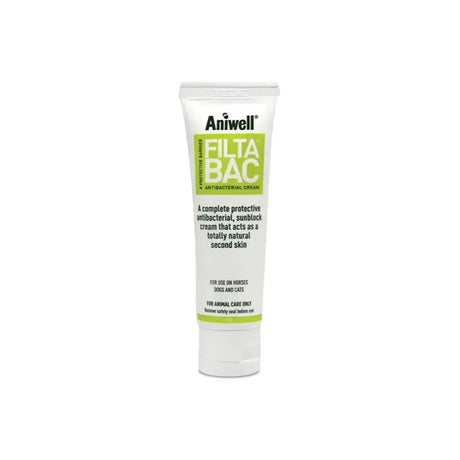Do You Really Know What Your Equine Dentist Is Doing?
Equine Dentist Regular dental checks are an essential part of equine routine healthcare. However, past those big incisors that you can see at the front of your horse’s mouth, their dentistry can be a bit of a mystery!
So what do equine dentists really do and how can you make sure you’re choosing the right person for the job? In this article we’ll discuss the ins and outs of an equine dental check, which people can be an ‘equine dentist’ and what they’re qualified to do. Equine Dentist
Why do horses need to see an equine dentist?
Horses’ teeth continuously erupt throughout their life, unlike teeth in humans and dogs. Their teeth are worn down by chewing especially on coarse forage like hay, haylage and rough grasses. Equine Dentist
Their cheek teeth extend right back into their head in long rows and because horses’ lower rows of cheek teeth are narrower than the upper rows and the horse chews with a sideways-circular motion, sharp enamel points form along the inner edges of the lower teeth and outer edges of the upper teeth.
In addition, older horses can get gaps in between their teeth which easily trap food, particularly strands of hay and haylage. These gaps are called diastema and are most common between the cheek teeth but can occur in incisors too.
What can happen if a horse’s teeth aren’t checked
Without regular checking and appropriate reduction of these sharp points by a qualified equine dentist, they can dig into the cheeks and tongue, and if left to get even sharper can cause painful lacerations and bleeding. This can be particularly sore for them when eating and when ridden in a bit and bridle. Equine Dentist
In addition, it’s not only important to feel inside a horse’s mouth, it’s vital to look regularly with a torch and mirror. This is the only way to reliably check for diastema, this trapped food will slowly rot and cause inflammation and infection in between the teeth.
This is not only incredibly painful but will prevent horses from chewing properly causing malnutrition, if not supported with an appropriate diet. Owners of horses with diastema will often notice their horse dropping food, particularly hay and haylage as well as having bad breath. Equine Dentist
What happens during a dental check?
Before looking in the mouth
During a routine dental exam on a horse, an Equine Dentist / a qualified dental technician or veterinarian will place a gag on the horse. Most vets will administer sedation prior to doing this and dental technicians will often advise horse owners to have their horses sedated by a vet prior to their exam to make it safer for them and the horse. Equine Dentist
Equine Dentist Examination of the external head starts the exam to make sure there are no swellings or pain visible from the exterior that might indicate something more sinister going on inside the head and mouth. Your dentist should also lift the lips to check the incisors for alignment and angle and rule out any other disease processes. Equine Dentist
Once inside the horse’s mouth
Equine Dentist Once they’ve got the gag on and opened the mouth, each of your horse’s teeth will be examined with a mirror on the inside of the tooth, outside surface and grinding surface of each tooth. Dentists will also then put their hand inside the horse’s mouth to feel for sharp enamel edges or abnormalities in the mouth affecting the cheeks and tongue.
If your horse has sharp enamel points or overgrowths, your dentist will then rasp these down and also flush and pick out any diastema should they find any of these as well. By checking the teeth with a mirror, they can also check for fractures and caries that are hard to feel but might need more advanced dental work. Equine Dentist
Once the teeth have been rasped well so that no sharp points remain and any diastema cleaned, they will flush out the mouth with water or mouthwash and then remove the gag. Equine Dentist
Equine Dentist
After Care
If your horse has been sedated, then you’ll need to remove all food from them while they slowly wake up to prevent the risk of choke or food aspiration. Your vet will be able to advise you as to how long to expect it to take to wear off.
Equine Dentist Once fully awake, your horse will be able to eat and drink as soon as they want following their dental. Equine Dentist
Your equine dentist should always thoroughly disinfect their instruments and tools after using them on your horse with disinfectant solution or wipes, to reduce the risk of disease spread between patients. Equine Dentist

How often should you get your horse’s teeth checked?
This varies depending on the dental health of your horse and your equine dentist will tell you what they recommend for your specific horse. Most regular adult horses with no pre-existing dental problems cope well with annual dental checks, however this may need to increase to 6 monthly if they’re older (over 18 years old), younger (4-7 years old), or have dental problems identified by your equine dentist that need specific treatment.
If you get a new horse, it is always prudent to get their teeth checked by someone you trust just in case, as you never know who was doing their teeth before or how often.
Similarly, if your horse gets checked annually but has started dropping food, losing weight, not taking the bit as normal, having bad breath or even had recent colic episodes - it’s really important to get their mouth checked out.
What is an equine dentist?
An ‘equine dentist’ can vary hugely from a qualified veterinary surgeon to a lay person with some equipment and no recognised qualifications or training. It is extremely important that horse owners are aware how well trained the person is they’ve paid to look at their horse’s teeth.
Anyone can technically call themselves an equine dentist if they want to, this is not a protected title. A lay person is not registered to a recognised body and has not done any examinations or formal training to do this job. They are not authorised to use sedation or prescribe painkillers for your horse, use motorised rasps or carry out any surgical procedures such as wolf tooth extractions.
So, who has received formal training to look at your horse’s teeth?
There are two types of qualified equine dentists you can use, a veterinary surgeon or an Equine Dental Technician. So how do they differ?
Equine Veterinarian
A veterinary surgeon trains for 5 years before they qualify, during which they receive a detailed understanding of the anatomy and physiology of the equine mouth, as well as practical training for the last two years of their degree, shadowing vets for 36 weeks outside of term time, and they have to have passed exams every year.
They are allowed to use motorised rasps and the only professional authorised to administer sedation, local anaesthetic and carry out dental surgery.
Equine Dental Technicians
Equine Dental Technicians (EDT) are the only other professional to be able to legally use motorised rasps in horses’ mouths. To become an EDT people need to pass an exam that is DEFRA and British Equine Veterinary Association approved, as well as completing a 2day theoretical course, handing in 300 dental case studies, shadowing a vet or EDT for 5 days and completing a 2 day practical course.
As well as being able to reduce sharp points and overgrowths with motorised rasps, EDTs are also authorised to be able to remove erupted wolf teeth but only while under the direct supervision of a veterinary surgeon (BAEDT, 2024).
Similar to vets being registered with the Royal College of Veterinary Surgeons (RCVS), EDTs are registered with the British Association of Equine Dental Technicians (BAEDT), so if anything went wrong during a dental procedure, there is a governing body to talk to.
Making the right choice for your horse
Being fully aware of the types of people you can find to check your horse’s teeth is crucial to your horse’s welfare and allows you to make an informed choice for their dental health. Just because someone has recommended an equine dentist by word of mouth doesn’t mean they are necessarily competent and well trained.
You can check if an EDT is qualified on the BAEDT website and also check a vet’s qualification on the RCVS website too.








